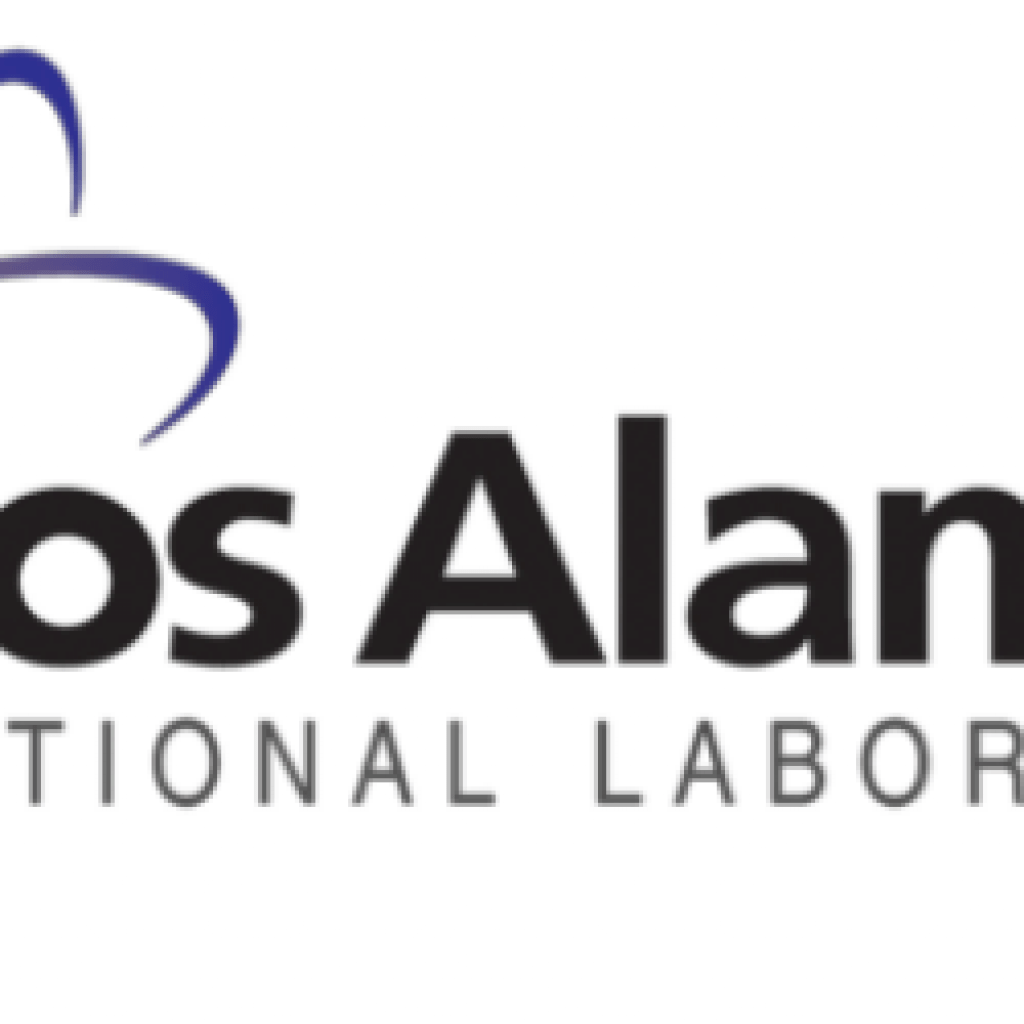(SciTechDaily) A new algorithm developed at Los Alamos National Laboratory fast forwards simulations could bring greater use ability to current and near-term quantum computers, opening the way for applications to run past strict time limits that hamper many quantum calculations.
The Variational Fast Forwarding (VFF) algorithm that the Los Alamos researchers developed is a hybrid combining aspects of classical and quantum computing. Although well-established theorems exclude the potential of general fast forwarding with absolute fidelity for arbitrary quantum simulations, the researchers get around the problem by tolerating small calculation errors for intermediate times in order to provide useful, if slightly imperfect, predictions.
“Quantum computers have a limited time to perform calculations before their useful quantum nature, which we call coherence, breaks down,” said Andrew Sornborger of the Computer, Computational, and Statistical Sciences division at Los Alamos National Laboratory, and senior author on a paper announcing the research. “With a new algorithm we have developed and tested, we will be able to fast forward quantum simulations to solve problems that were previously out of reach.”
In future work, the Los Alamos researchers plan to explore the limits of the VFF algorithm by increasing the number of qubits they fast forward, and checking the extent to which they can fast forward systems.
New “Fast Forward” Algorithm Could Unleash the Power of Quantum Computers
